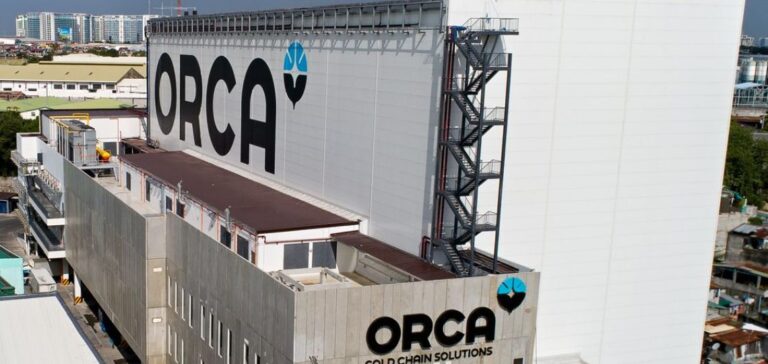Orca Energy Group Inc. announced that it has fully repaid its 60 million USD loan, which was originally secured in 2015 from the International Finance Corporation (IFC) to support the development of the Songo Songo gas field in Tanzania. The repayment, which was completed on February 21, 2025, covers the outstanding principal, accrued interest, and other amounts owed. This marks the conclusion of a multi-year financial partnership between the two entities.
Gas agreement with TPDC and TPCC
Simultaneously, Orca’s operational subsidiary, PanAfrican Energy Tanzania Limited (PAET), signed a new agreement with the Tanzania Petroleum Development Corporation (TPDC) and Tanzania Portland Cement Company Limited (TPCC). This agreement aims to provide additional gas to the Wazo Hill cement plant. A previous contract had been established in 2008 for the plant’s gas supply, including protected gas from TPDC and additional gas from PAET.
Transition from protected gas to additional gas
As the protected gas supply is set to expire on July 31, 2024, PAET and TPCC negotiated a supplementary agreement to increase gas volumes to the plant and compensate for the termination of the protected gas. This new agreement, effective from August 1, 2024, allows TPCC to benefit from competitive gas pricing, combining the conditions of both contracts. Although the Tanzania Petroleum Development Corporation (TPDC) initially opposed the agreement, a compromise was reached in January 2025.
Legal dispute in Tanzania
Additionally, Orca Energy Group received a ruling from the Tanzanian Commercial Court regarding a claim made by a contractor following the termination of a seismic acquisition programme contract. The court ordered PAET to pay 23.1 million USD in damages, along with legal fees, and an annual interest rate of 7%. PAET is contesting the decision and is preparing to appeal. The company plans to provide a guarantee for the full amount of the judgement while awaiting the outcome of the appeal.






















